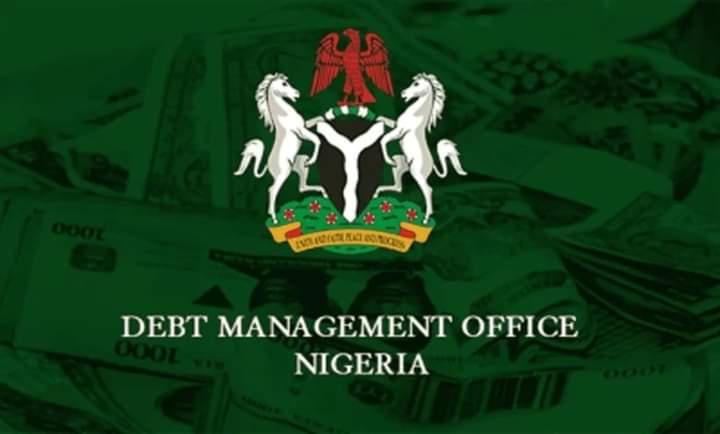The Debt Management Office (DMO) has sounded the alarm, cautioning the House of Representatives Appropriations Committee that the government will be compelled to continue borrowing to finance annual budgets unless revenue-collecting agencies significantly enhance their contributions to the national treasury.
This disclosure came as the committee rejected the proposed revenue projections for Government Owned Enterprises (GOEs) and other key agencies for the 2024 budget, citing insufficient justification.
Adding to the concern, Budget and Economic Planning Minister Senator Atiku Bagudu revealed that President Bola Ahmed Tinubu has directed all ministers to find innovative solutions to increase government revenue.
During her appearance before the committee, DMO Director-General Patience Oniha said that while borrowing for critical projects is not inherently bad, increased revenue generation would significantly reduce the government’s reliance on debt.
She disclosed a total government debt of N87.37 trillion as of June 2023, spanning across the three tiers of government and the Federal Capital Territory (FCT). Notably, the Federal Government accounts for 90% of this debt.
Oniha attributed the sharp increase to the inclusion of Ways and Means advances, highlighting the growing burden of debt servicing as borrowing continues.
Despite raising N7 trillion from local sources, she said the DMO fell short of its target of N8.8 trillion for the 2023 budget, highlighting the ongoing challenge of funding government programs.
Oniha emphasised the need to address the budget deficit through increased revenue generation, citing privatisation, public-private partnerships, and tax reform as key strategies.
She also pointed to the DMO’s direct support for infrastructure projects through Sukuk issuances, citing the ongoing road construction in the FCT as a testament to their efforts.
“We run budget deficits because we have projects and programmes in the budget that the government wants to run,” she said.
Peoplesmind


